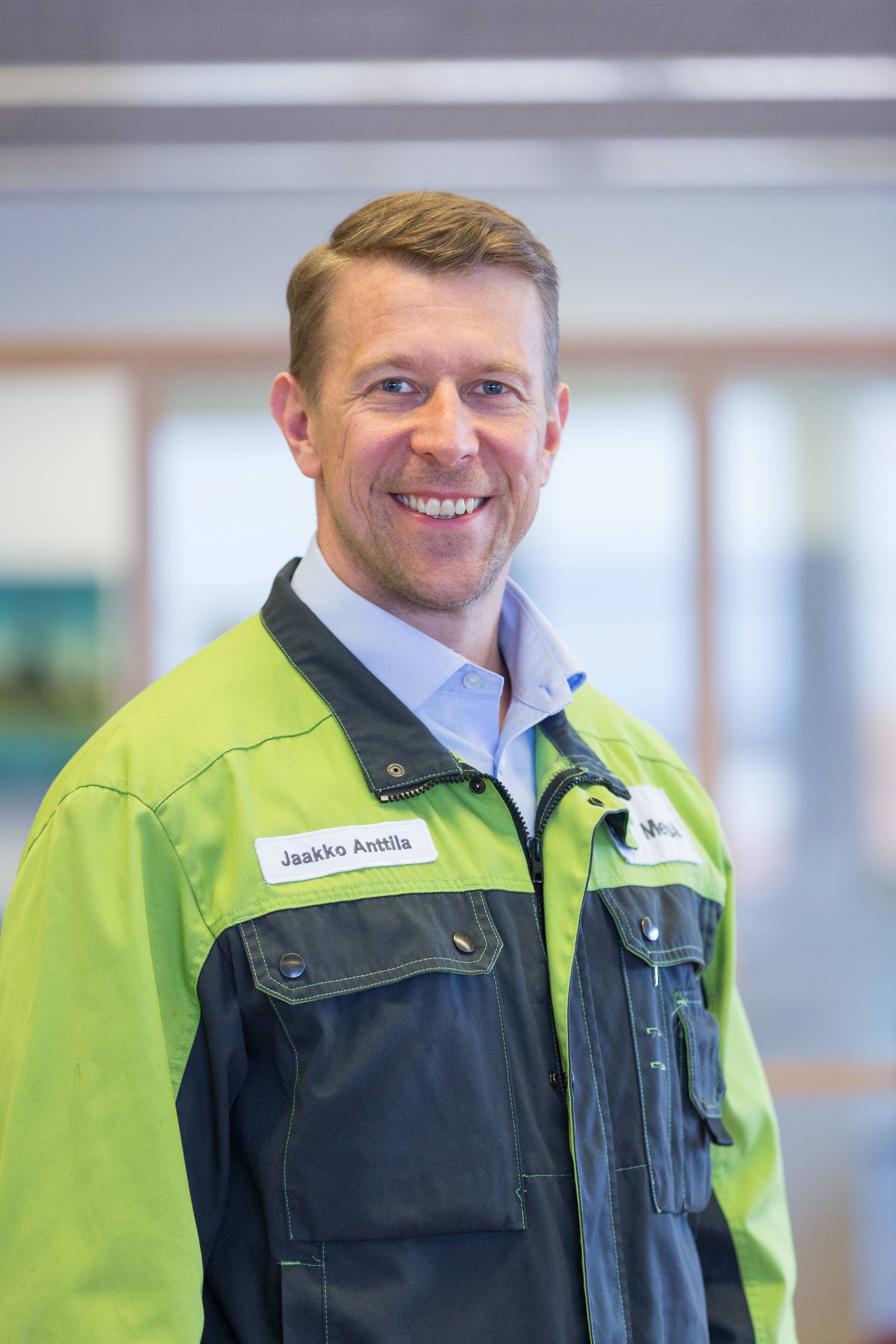Jaakko Anttila, Head of pulp production
Starting first in sales gave me an understanding of the pulp business and customers. After several years of running one of our pulp mills I managed sales operations and supply chain.
As the new head of our pulp production I again have the opportunity to develop our company from a different perspective.
To balance off the hectic work, I am a sports enthusiast and compete in crossfit, which is a mix of high intensity training, weightlifting and gymnastics. It is a diverse sport, a bit like my career background. This is what doing sports has taught me:
1. Choose the best players
Understanding our whole value chain helps us to develop our production and make decisions that are best for the entire company.
Only by developing our end-to-end value chain can we reach our target of exceeding our customers' expectations.
I cannot say I'm the best expert in all the areas of our operations, but I have sufficient knowledge to challenge our experts and get them to work as a team. There is a lot of expertise in our company, from the operators in the mills to the customer service experts in our sales offices close to our customers. The key to sustainable excellence is making sure we all work well together.
2. Don't get bored with the basics
If you have had the patience to build your foundation for fitness through sometimes boring but persistent basic stuff like running and practicing the right techniques, your body will be able to take the load of high intensity training and the strain of competition. The same goes with our production.
We strive to renew the way we work to be the forerunner in pulp manufacturing. However, the foundation of this is based on the reliable daily production of our pulp mills. We do relentless preventive work at our mills to allow continuous operation. We react to the smallest deviations before they escalate into bigger issues. This is hard basic work every day.
When the mills are operating continuously we are able to finetune our processes and develop them further. Reliable production equals with consistent quality and exemplary performance in environment, safety and cost.
3. Remember rest days
When you're training you need to get enough rest. In production this means maintenance breaks, that are controlled rather than running your mills until something breaks.
We identify the risks we have in our production and mitigate them during carefully planned maintenance shutdowns.
4. Stop and analyse
Sometimes when you're training your heart rate is too high and you need take a calm down and get some rest. This applies also to our production. We can get disturbances and like in training, we need to stop and analyse.
Most often the corrective actions from the production disturbances forces you to return to the basics. Doing the basic preventive work even better, more carefully and with better quality.

